Table of Contents
Idealism and its Features:
What is Idealism?
J. S. Ross briefly describes idealistic philosophy in the following words:
“Idealistic philosophy takes many and varied forms, but the postulate underlying all is that mind or spirit is the essential world-stuff, that the true reality is of a mental character”.
The pioneers of this school of philosophy are Plato, Descartes, Berkeley, Fichte, Hegel, Kant, Schelling Schopenhauer, Spinoza and Gentile. Idealism gives more emphasis on mental and spiritual aspects rather than material or the ‘physical world’. “It contends that material and physical universe is not a complete expression of reality. It is subordinate to a higher type of reality, a spiritual universe, a universe of ideas and values”.
Ideas have been given vital importance here. Ideas are essences. “In idealism, the study of man and his mind is given priority. Human personality is considered as the most worthful study. It possesses a supreme value. Ross says that “Human Personality is of supreme value and constitutes the noblest work of God”. In this way in idealist philosophy, the highest place is occupied by the study of human personality. Allport gives a very fine definition of personality. He says “Personality is the dynamic organization within the individual of those psychophysiological systems which determine the unique adjustment to his environment.
In this definition of Personality, we find that education must aim at developing the mind fully. The realization of higher values and the awakening of the spirit are supreme aims of education to form a sound personality. Idealists are of the opinion that it is through educations that all these fundamentals can be developed in the best possible way. It aims at “The object of living and learning is so as to develop the natural man into the ideal man”. Intellectual alertness, physical stoutness and moral supremacy is the call of idealism.
Idealistic philosophy believes in the chief values of life namely the truth, beauty, goodness and wisdom. These values or truth are not made by us but their existence is automatic and already. Man’s duty is to discover these fundamentals through proper education. Idealists say that man is not an inventor but he is a discoverer, and his discovery is only possible through the awakening of spirit. Spiritually a man must be high. These values of truth, beauty and goodness are three chief absolutes. These are of unchanging nature and immortal.
Man Possesses a “Spiritual Nature”:
He has got capacity and power to build a new world. He is not helpless like other beings. He expresses his spiritual nature “in the form of intellectual culture, art, morality and religion”.
According to Rusk “He (man) cannot be said to be the creation of his environment in the sense in which that term is applied to any other animal. When man emerges in the course of evolution instead of being content like animals to take things as he finds them, he sets about to question, to inquire their origin, to embellish what he finds or produces, to strive after something better than the given- in a word, to progress…, and thus knowledge, art and morality arise out of his divine discontent”.
Features of Idealism:
The following are the main stand-points of the idealistic school of philosophy:
(1) “Ideas are to ultimate cosmic significance”.
(2) Emancipation of spirit.
(3) Spirit and intellect are of supreme value and not physical matter.
(4) Realization of higher values of life.
(5) Ultimate aim is to achieve the three absolutes; truth, beauty and goodness.
(6) Moral and cultural possession are of greater importance.
(9) Man discovers, and not invent those ideals.
(10) Man should control the physical environment through his spiritual, cultural and moral possessions.
(11) Spiritual nature is the essence of life.
Ross has rightly defined it in the following words:
“Idealistic philosophy takes many varied forms, but the postulate underlying all this is that mind or spirit is the essential world-stuff, that the true reality is a mental character”.
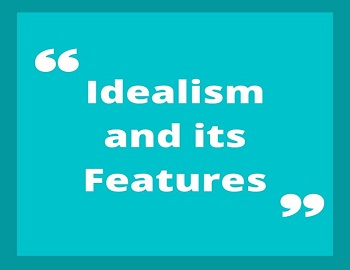
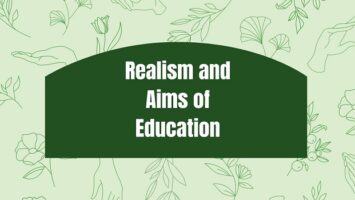


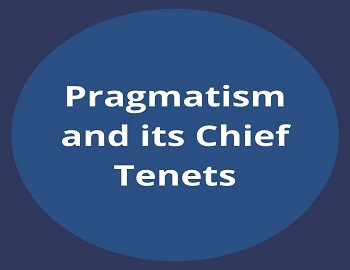


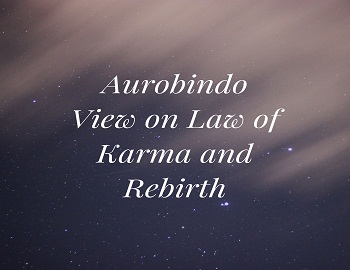
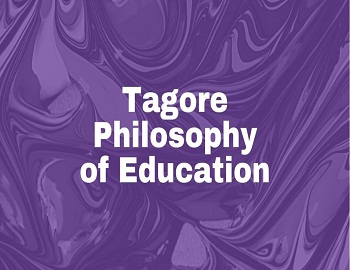
Comments (No)